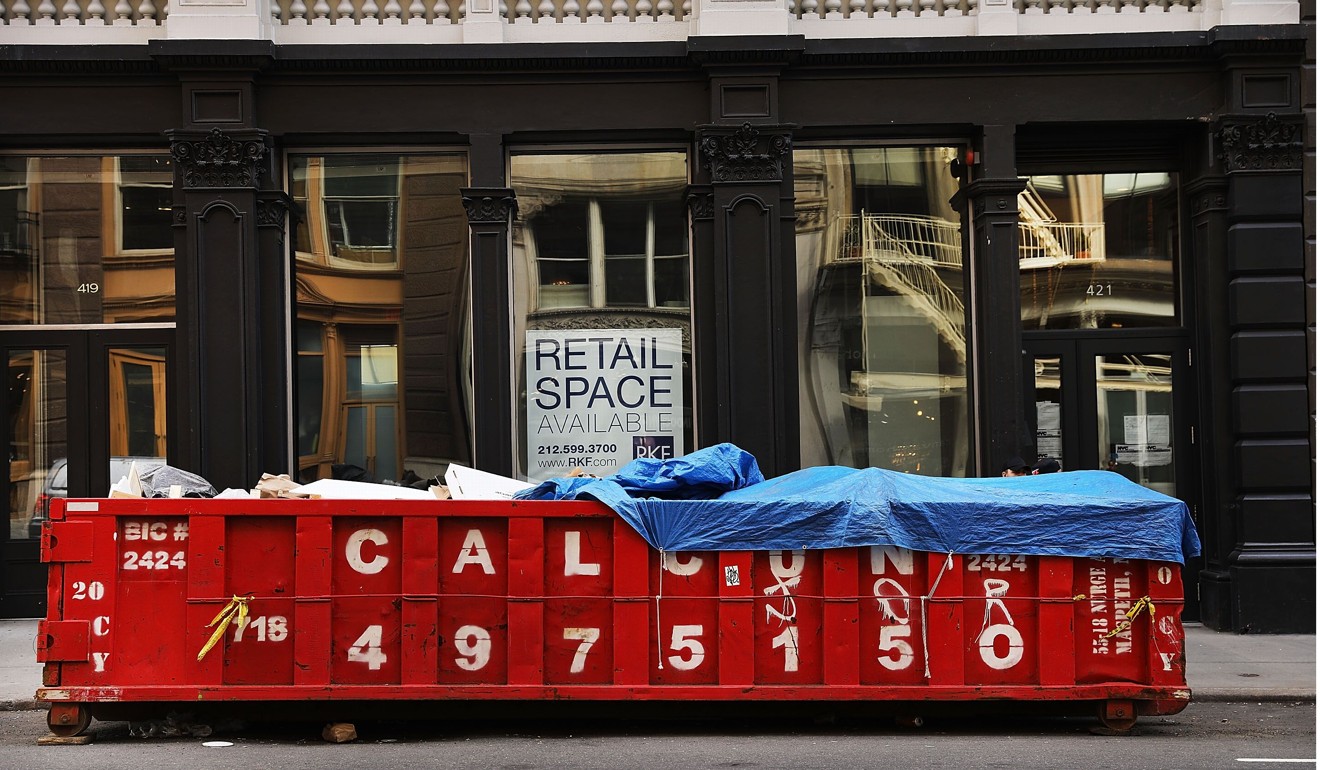
Hong Kong as a shoppers’ paradise is so far behind the times
Peter Kammerer says the city’s laggard mentality in pushing for a hi-tech future will take its toll in many ways, including when the global trend in online shopping hits the local sector in earnest
Hong Kong generally lags behind in global trends. Economically, socially and legally, we’re living in the past. By how much is difficult to gauge, but, by some measures, it could be as much as a decade. If we don’t start catching up, we’re going to suffer big time.
The half-hearted effort to push new industries has to be replaced by a mindset to fully embrace the hi-tech future
Hong Kong’s compact size and shop-packed streets may be behind the low take-up. But I’ve a feeling much of it is to do with not trusting online sellers. Hong Kong people love to window shop and see what they’re buying before they purchase. But that gets in the way of the experience that online provides of trying new products from the wider range available, often at a lower price.
E-commerce start-ups feed Hongkongers’ passion for shopping, but are they safe?
My sons long ago realised that, feeding their gym-rat lifestyles with supplements, equipment and clothing. So, too, have consumers elsewhere in the world, with increasingly dramatic effect on cityscapes. Online trade has become so engrained that shops are closing. The trend is especially noticeable in the US, where thousands of retail stores operated by big-name brands like Macy’s, Sears and Kmart, to name but a few, have already closed this year.

The same is happening in Europe, Canada and Australia; it’s inevitable when stores don’t respond quickly enough to customer demands on price, selection and fashion. And if the experience of my sons and their 20- and 30-something friends is any guide, it’s going to hit Hong Kong sooner rather than later. The impact to our economy won’t be huge as, by various estimates, the retail sector accounts for only between 1.3 and 3.9 per cent of gross domestic product. But with the Hong Kong Retail Management Association claiming that about 10 per cent of our city’s workers, or 260,000 people, are employed in the sector, there could be a huge impact on the labour force.
Why Hong Kong is a city in decline
Peter Kammerer is a senior writer at the Post

